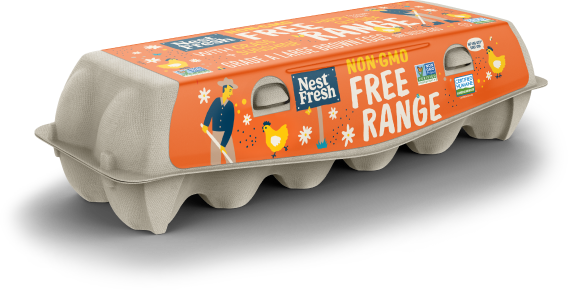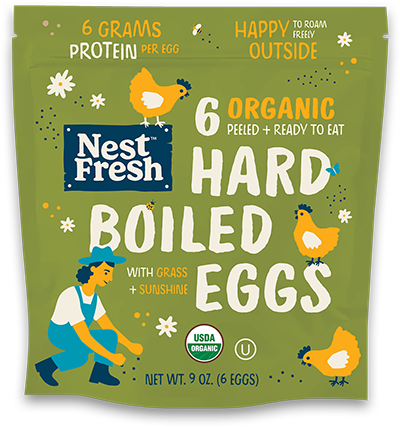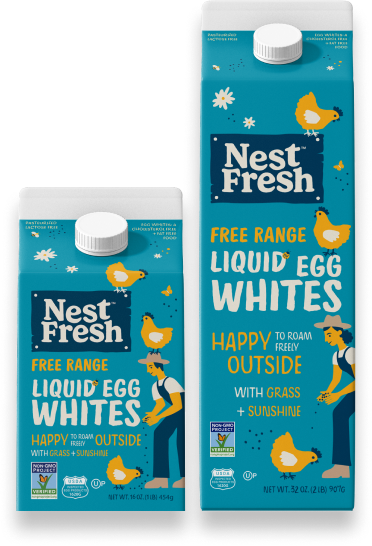Clean eating is a simple concept! Rather than revolving around the idea of ingesting more or less of specific things (for instance, fewer calories or more protein), the idea is more about choosing real foods over processed foods.
There are a number of ways to start incorporating the principles of clean eating into your lifestyle. Make these small changes and they can add up to better healthy, increased nutritional intake, and better eating!
• Shop the perimeter: Do all or most of your grocery shopping in the perimeter isles of the grocery store. This is where most of the fresh, whole food is stocked—eggs, dairy, meat, seafood, and fresh produce. Spend less time in the center aisles which have more processed foods with longer ingredient lists.
• Read labels: Just because something may claim to be healthy does not in fact mean it is. Take a peek at your favorite snack’s label. The nutrition facts and ingredient label will tell you more about how nutritious a food is than any claims on the packaging.
• Meal prep: Preparing your meals is a helpful way to ensure you’re eating well all week long. Before your week begins, cook up a variety of vegetables, meats and grains. Then place them in containers and refrigerate. Throughout the week, all you have to do is heat and enjoy!
• Pack your lunch: Avoid grabbing fast food during your lunch hour. Not only are you eating food that isn’t healthy for you, but those fast food bills can start to add up.
• Put and egg on it: Eggs are versatile and are great at breakfast, lunch or dinner, or as a snack! One egg has varying amounts of 13 essential vitamins and minerals plus 6 grams of high-quality protein. Eggs are a great source of vitamin D, vitamin B12, phosphorus and riboflavin. Eggs are full of high-quality protein, vitamins, minerals and healthy fats. They are low in carbohydrates, as they to blood sugar levels. Eggs are also very filling, so if you are trying to lose weight, they are a great food to enjoy.





